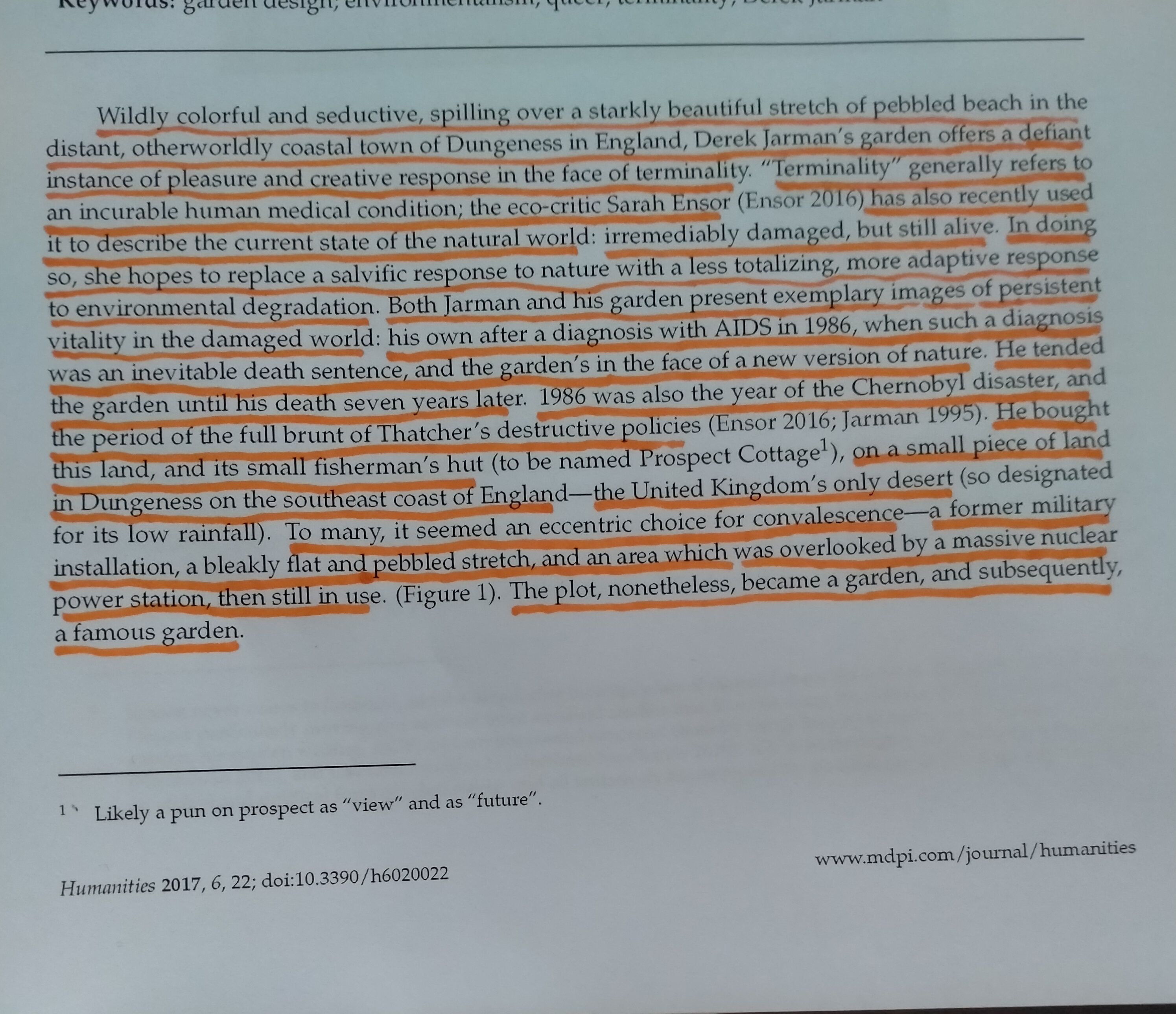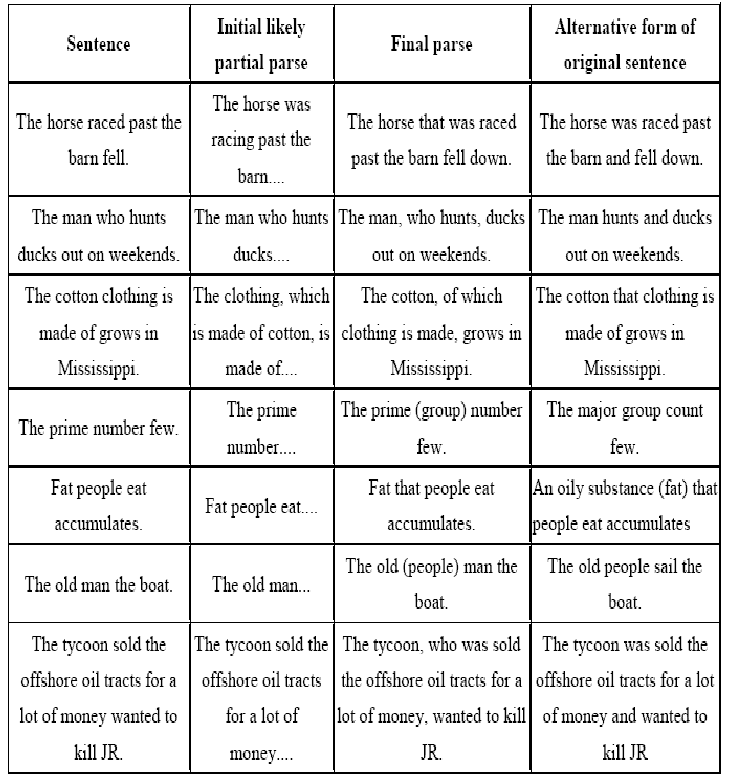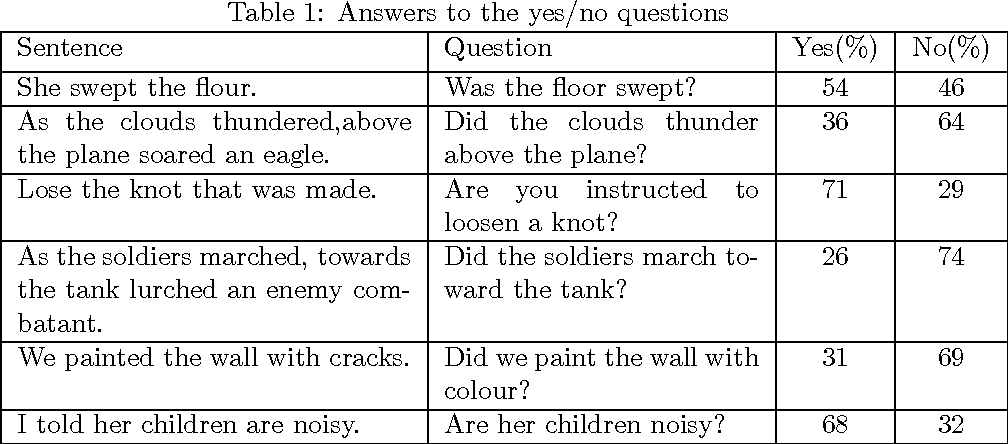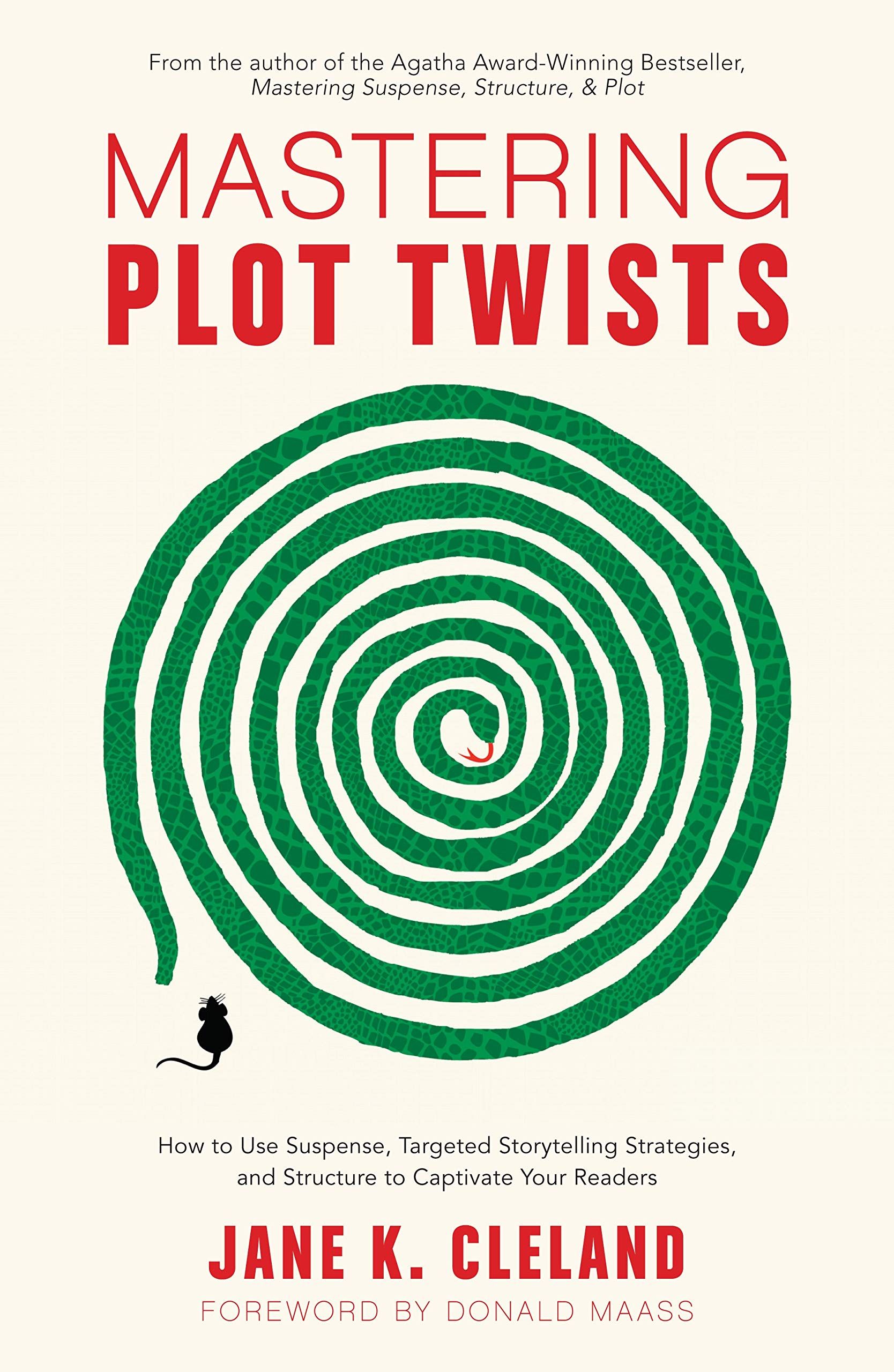GARDEN PATH
Purple iris, imperial sceptre;
Green of the buds breaking on elder;
Browns of the humus, and ochre grasses;
Yellows in August on Helichrysum,
That turns in September to orange and brown;
Blue of the bugloss, and self-sown cornflower;
Blue of the sage and winter hyacinth;
Pink and white roses blowing in June;
And scarlet rosehips, fiery in winter...
> JARMAN, Derek, Chroma (1994), ed. Penguin Vintage Classics (2019), p. 51

"In a riddle whose answer is chess, what is the only prohibited word?" I thought a moment and replied, "The word chess." "Precisely," said Albert. "The Garden of Forking Paths is an enormous riddle, or parable, whose theme is time; this recondite cause prohibits its mention. To omit a word always, to resort to inept metaphors and obvious periphrases, is perhaps the most emphatic way of stressing it. That is the tortuous method preferred, in each of the meanderings of his indefatigable novel, by the oblique Ts'ui Pên. I have compared hundreds of manuscripts, I have corrected the errors that the negligence of the copyists has introduced, I have guessed the plan of this chaos, I have re-established--I believe I have reestablished--the primordial organization, I have translated the entire work: it is clear to me that not once does he employ the word 'time.' The explanation is obvious: The Garden of Forking Paths is an incomplete, but not false, image of the universe as Ts'ui Pên conceived it. In contrast to Newton and Schopenhauer, your ancestor did not believe in a uniform, absolute time. He believed in an infinite series of times, in a growing, dizzying net of divergent, convergent and parallel times. This network of times which approached one another, forked, broke off, or were unaware of one another for centuries, embraces all possibilities of time. We do not exist in the majority of these times; in some you exist, and not I; in others I, and not you; in others, both of us. In the present one, which a favorable fate has granted me, you have arrived at my house; in another, while crossing the garden, you found me dead; in still another, I utter these same words, but I am a mistake, a ghost."





